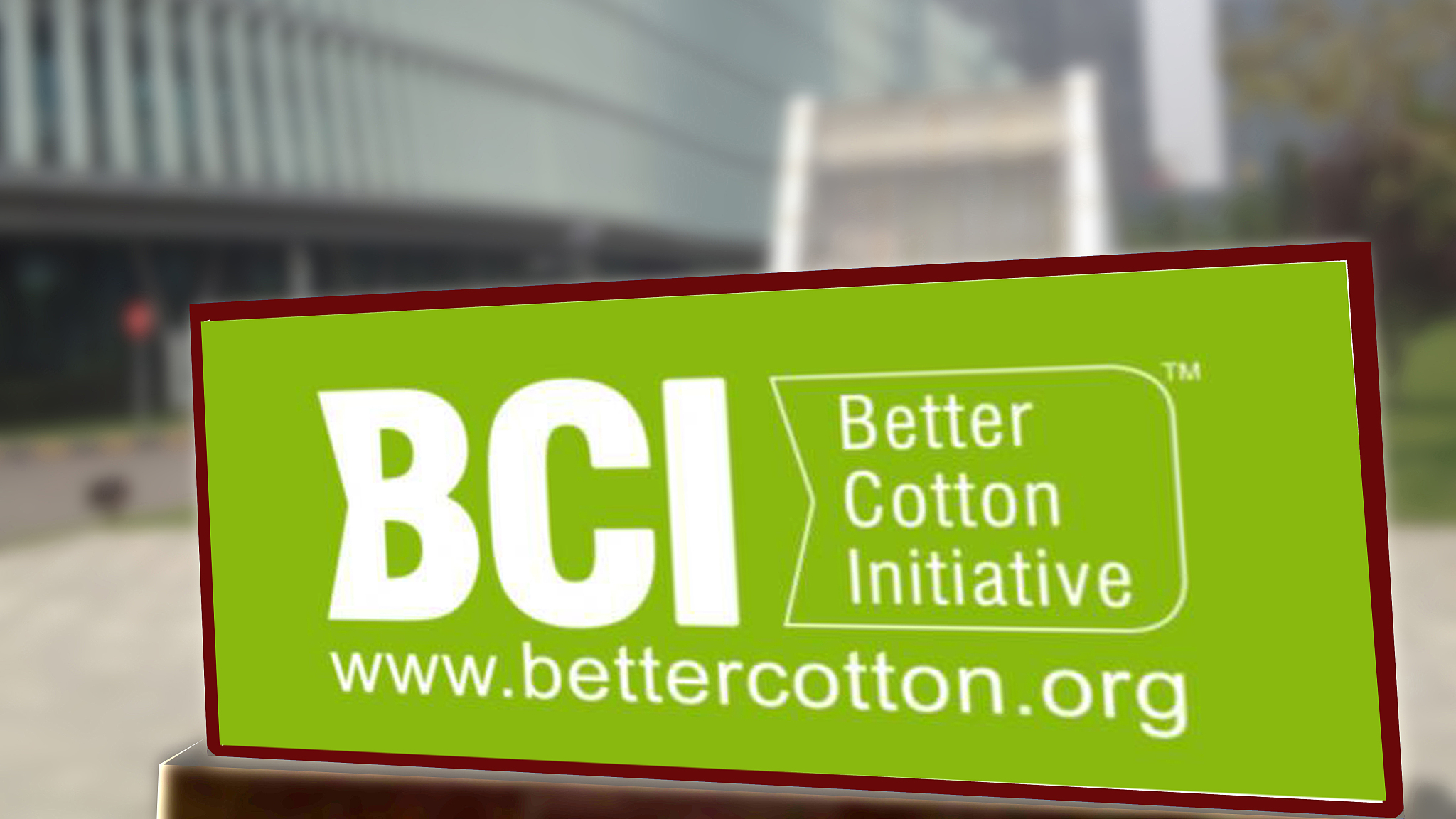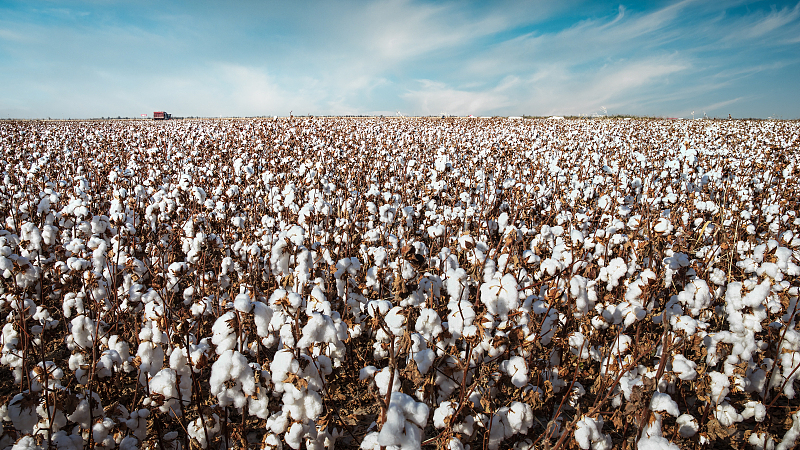
The Better Cotton Initiative. /CFP
The Better Cotton Initiative. /CFP
Editor's note: John Gong is a professor at the University of International Business and Economics and a research fellow at the Academy of China Open Economy Studies at UIBE. The article reflects the author's opinions and not necessarily those of CGTN.
On August 3, the Global Times newspaper published an exclusive report based on the Ministry of State Security's investigation into the Better Cotton Initiative's (BCI) shameful role as a part of the disinformation campaign against the Xinjiang Uygur Autonomous Region by some Western countries. BCI purports to be a non-governmental organization that aims to promote better standards in cotton farming by certifying companies that comply with its principles and criteria. In March this year, it suspended licenses to several Chinese companies in Xinjiang for alleged risks of forced and child labor.
One of the better cotton principles that BCI promotes is what is called the "decent work" principle. "By using the concept of decent work as a means to describe how work contributes to equitable, inclusive and sustainable development, BCI has developed a broad-based and consistent approach to the diversity of contexts in which cotton is produced, from family smallholdings to large-scale farms." But the Global Times eye-opening report shows BCI itself is engaged in anything but "decent work," and we get a chance to have a taste of how "broad-based" an approach BCI has developed.
BCI assesses company labor practices by outsourcing investigation to third-party companies. In this case regarding Xinjiang, it chose an American organization called Verite to do a report for it for $88,200, only a paltry $18,250 of which was actually sent to Verite's China team for the real legwork. But Verite's China team in Shenzhen never set foot in Xinjiang. Not a single cotton field to see. Not a single cotton company to visit. And not a single cotton picker to talk to. And presumably they did this all along with the full knowledge by Verite's American headquarters and more damagingly by BCI as well, because it is hard to imagine that BCI did not to ask this question about field investigation if all of the fodder provided by Verite in the report is Googled second-hand information.
Well, more than Googled second-hand information actually. In fact, BCI itself was also complicit in feeding Verite the disinformation it desperately needs. Global Times' report mentioned that BCI provided Verite's China team with a whole list of its own write-ups and other highly questionable reports regarding Xinjiang, such as the notorious Adrian Zenz's propaganda garbage. Essentially BCI sponsored a supposedly impartial third-party report partially manufactured by BCI itself.
Verite of course fully understands well what BCI wants, and it goes out of its way to spin and twist to make its client happy.

Cotton fields in northwest China's Xinjiang Uygur Autonomous Region. /CFP
Cotton fields in northwest China's Xinjiang Uygur Autonomous Region. /CFP
For example, according to one of the original authors of the Verite report, the first draft wrote that "based on the information in the public domain, it cannot reach a credible conclusion that there indeed exists child labor in Xinjiang." But the author's supervisor at Verite changed the wording to "based on other Verite field investigation experiences concerning other cash crops, there still exists the risk of child labor for cotton growing families with children, who might participate in cotton picking after school and during the weekend." Well, can you specify how many cotton growing families out there have children – in any country and for any cash crop for that matter!?
There are other such outrageous examples of misinformation and disinformation in Verite's report, which are certainly not without much appreciation by the executives at BCI. In one place in the draft report, Damien Sanfilippo, the report reviewer at BCI commented, "Thank you; this is the kind of typical analysis that adds value."
Aside from the outrage upon reading Global Times' report, I believe there is ample legal and factual ground here for a criminal investigation into BCI's activities in China, under the People's Republic of China Criminal Code, Article 246, regarding libel – libel concerning national security in fact in my view, which if convicted, mandates a sentence of up to three years. The Ministry of State Security owes cotton pickers, cotton companies, and all the other stakeholders in the cotton supply chain in Xinjiang an obligation to hold those BCI and Verite executives involved in this slanderous hoax accountable, for imperiling the livelihood of all of those in the cotton industry in China.
(If you want to contribute and have specific expertise, please contact us at opinions@cgtn.com.)

